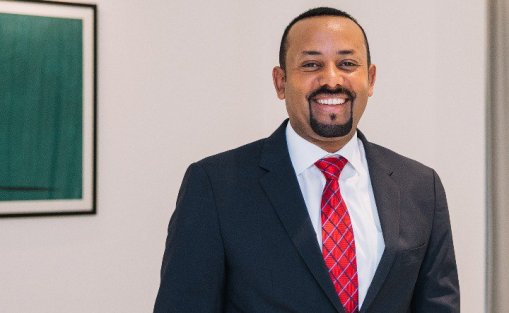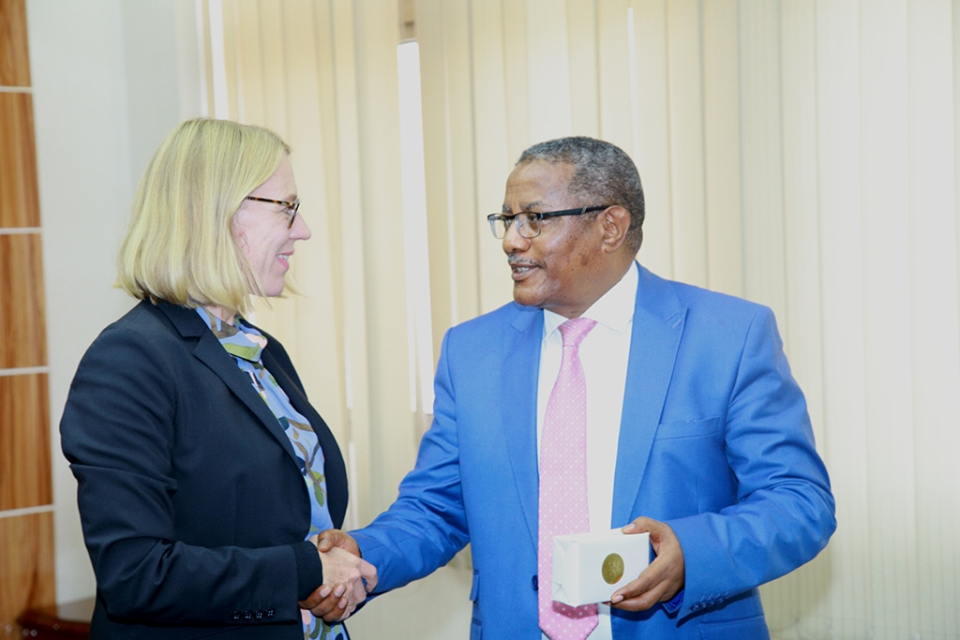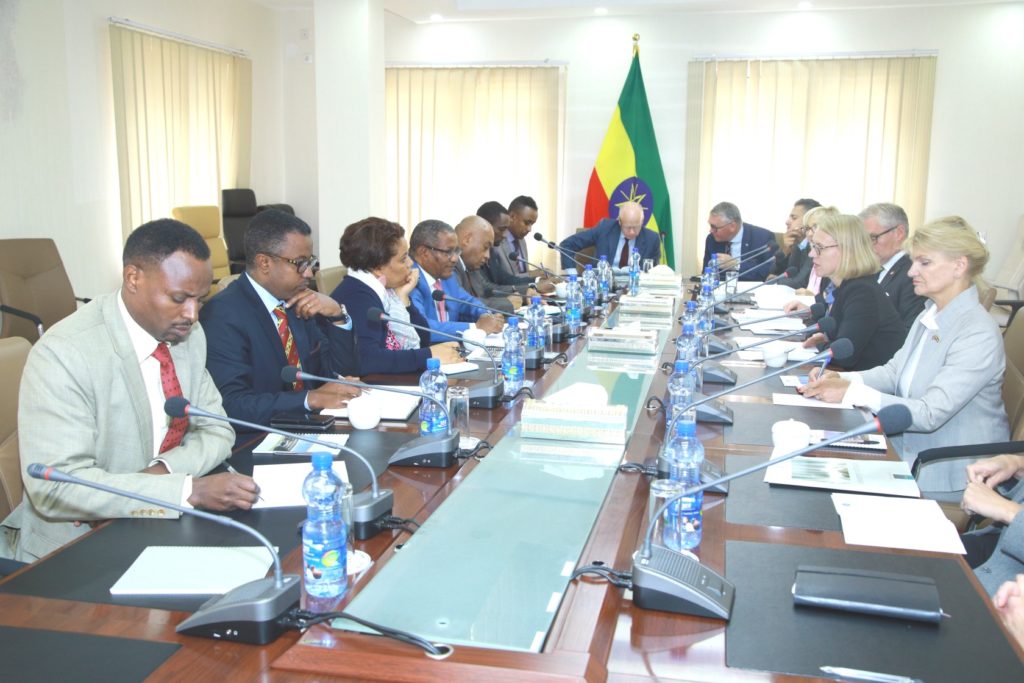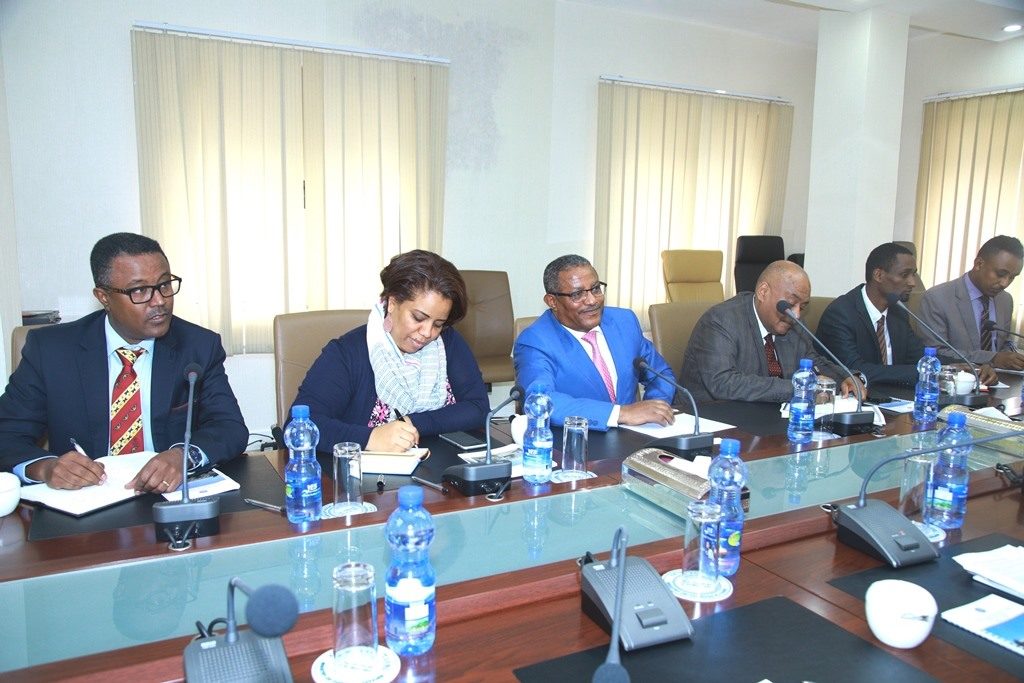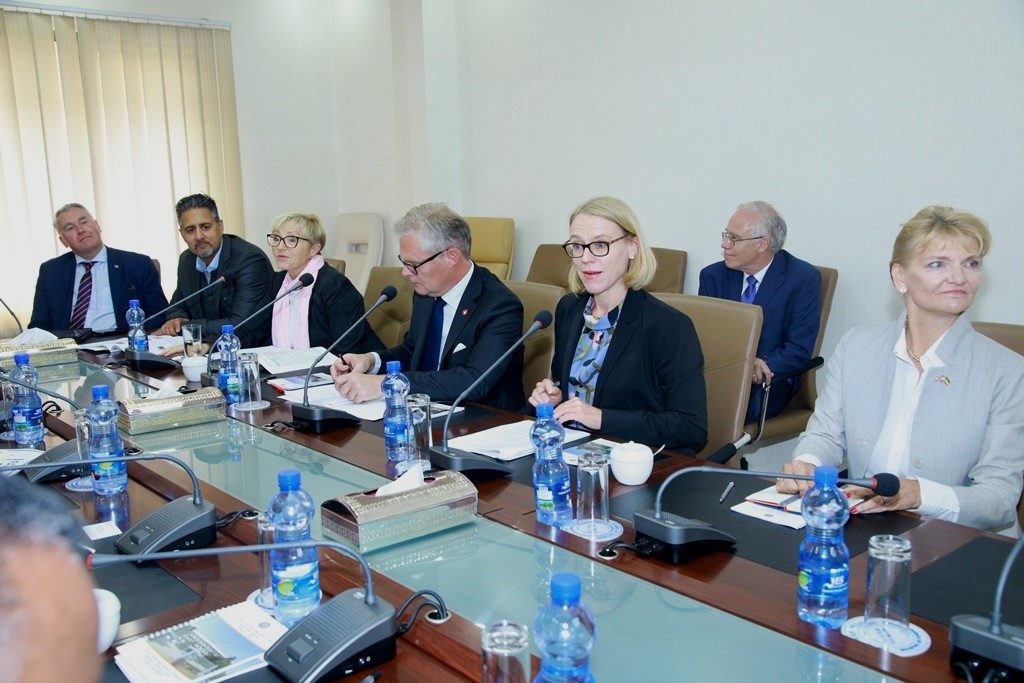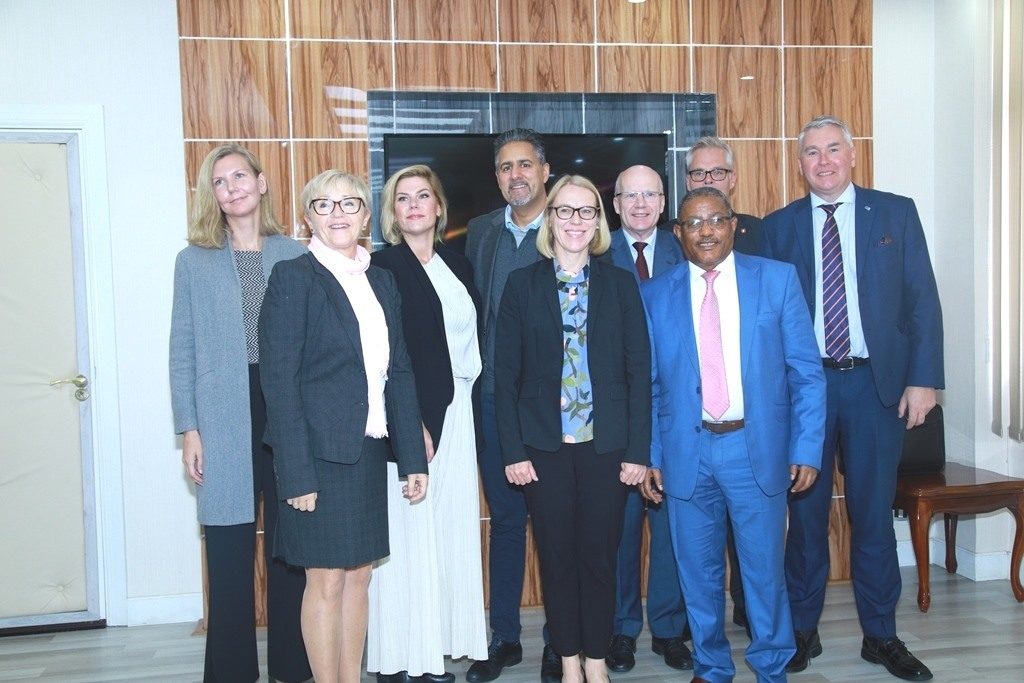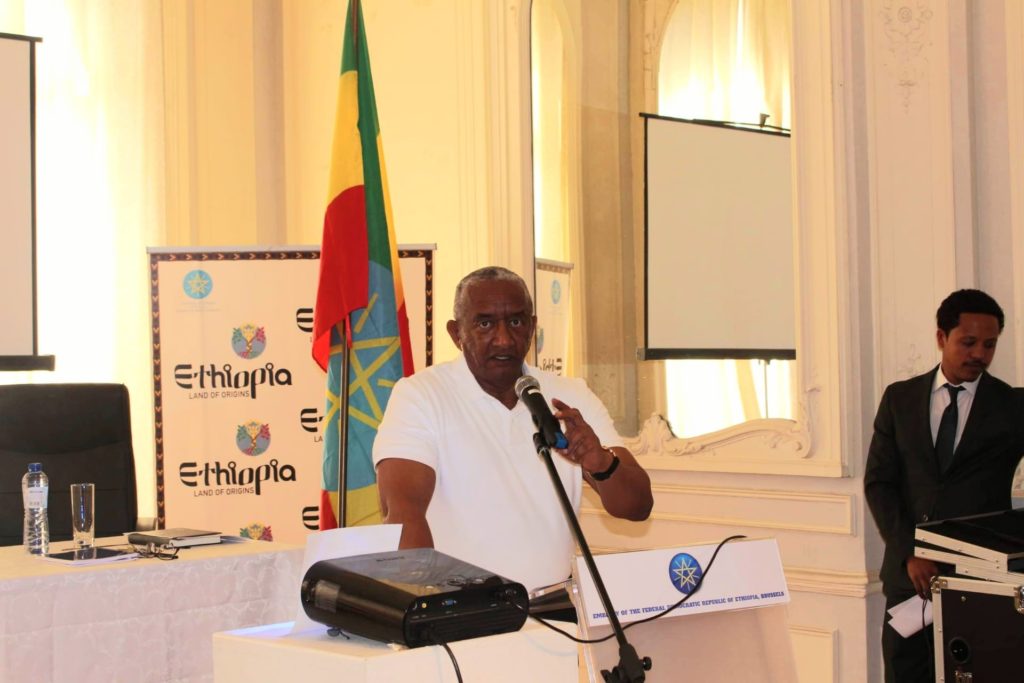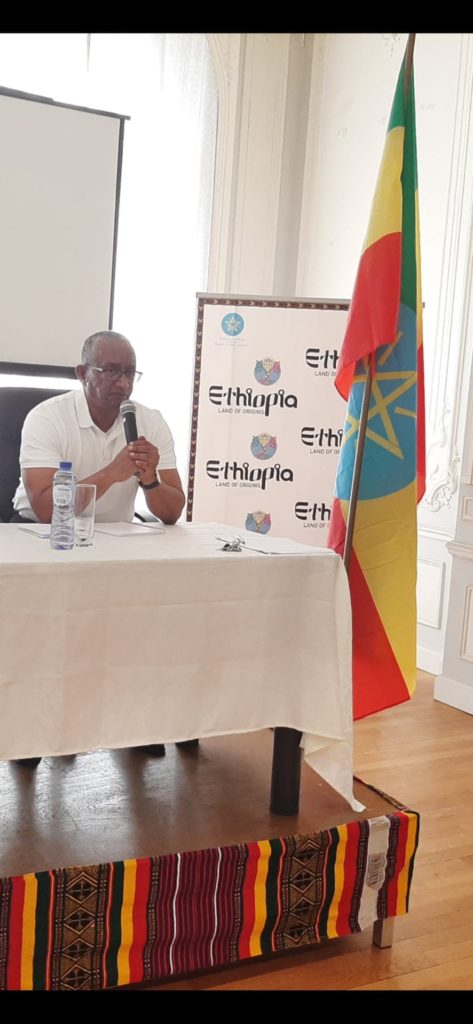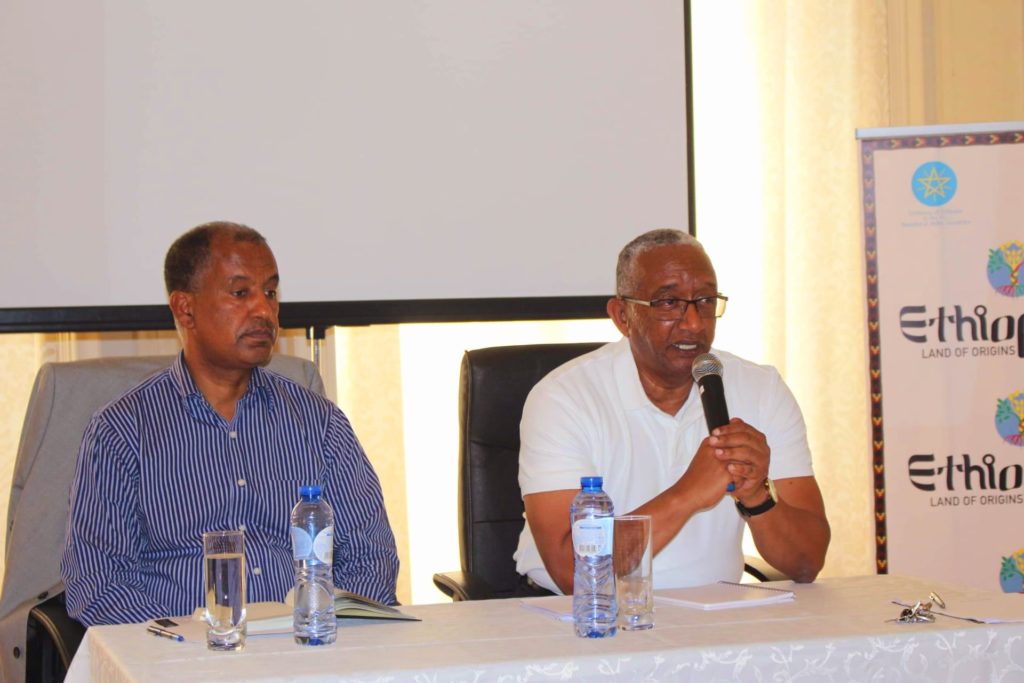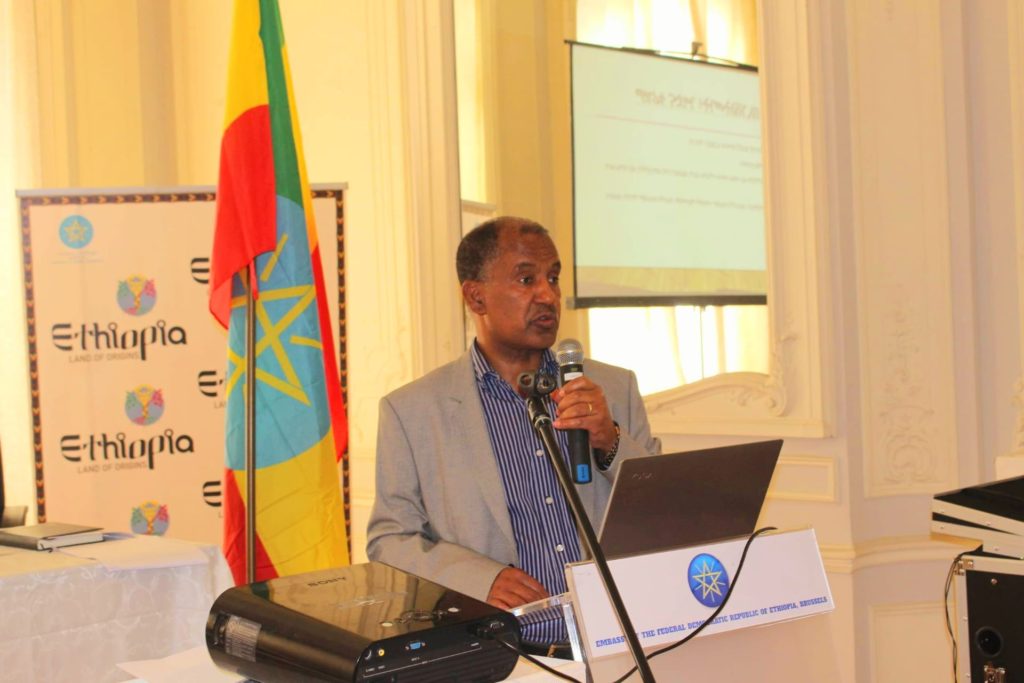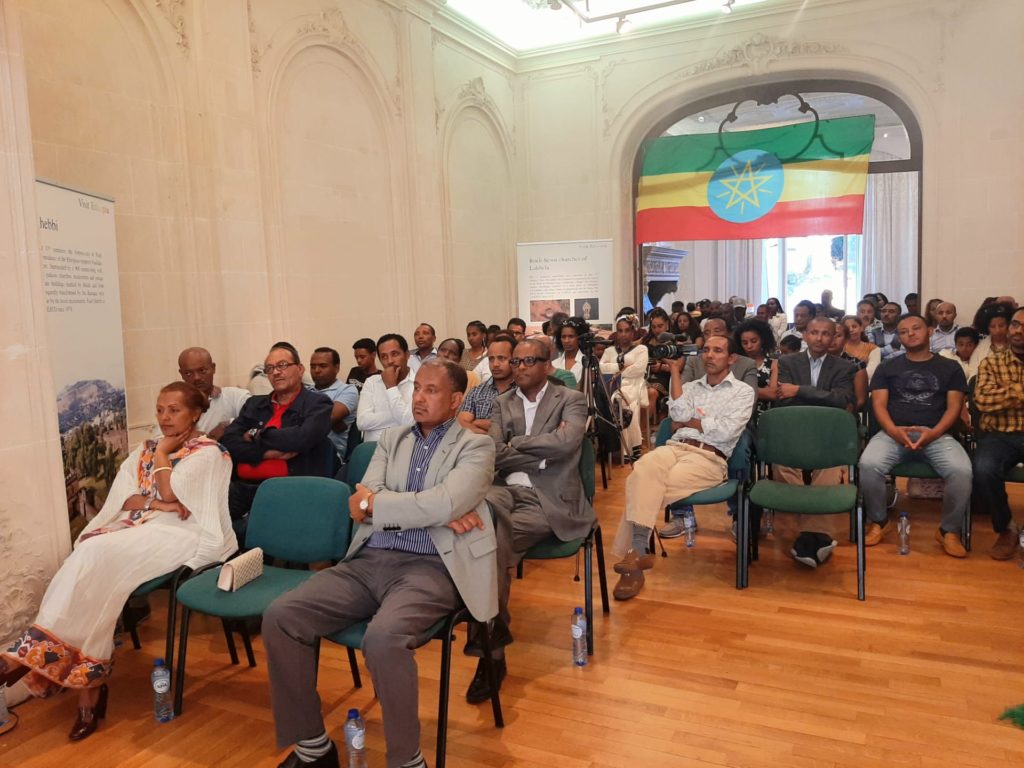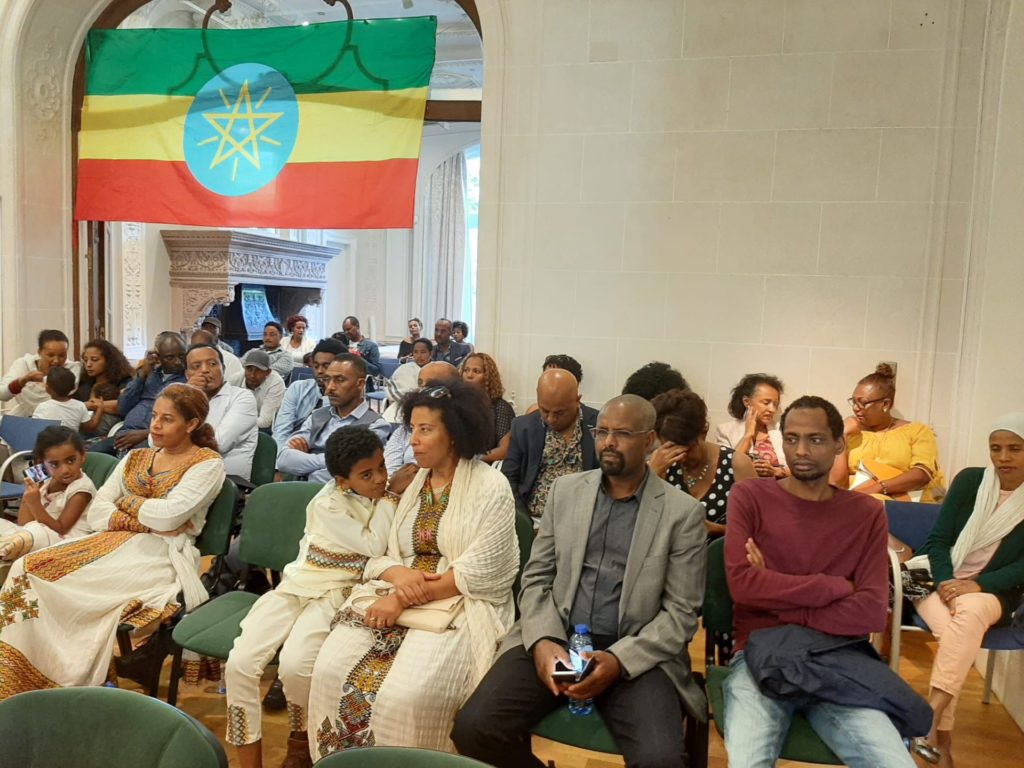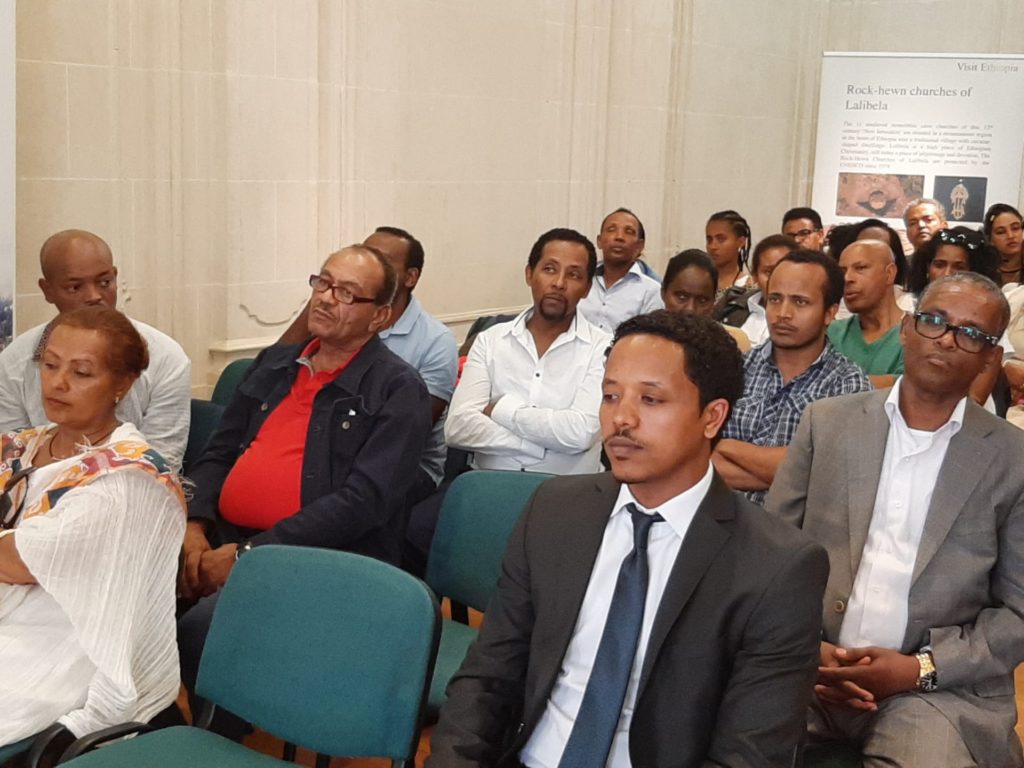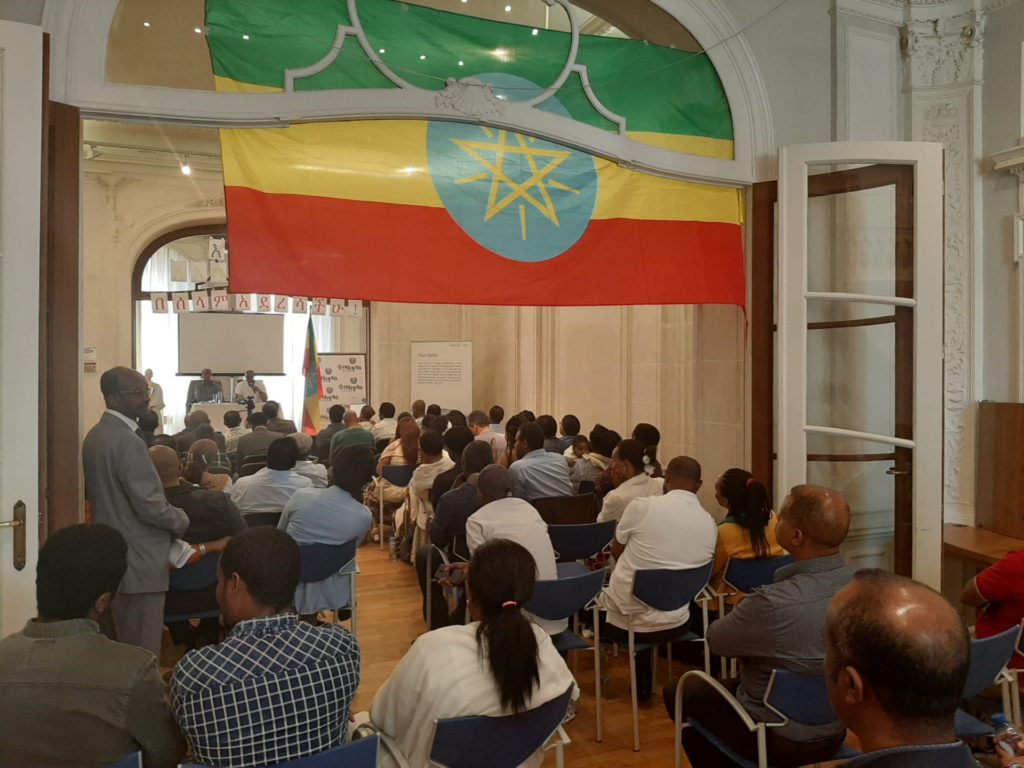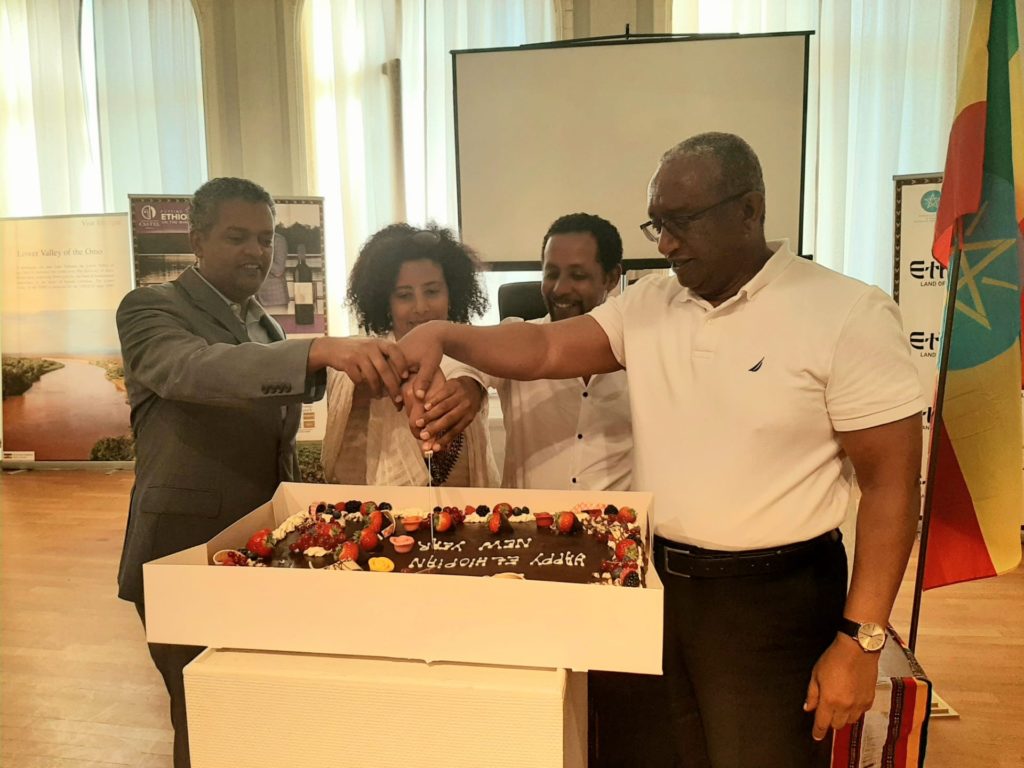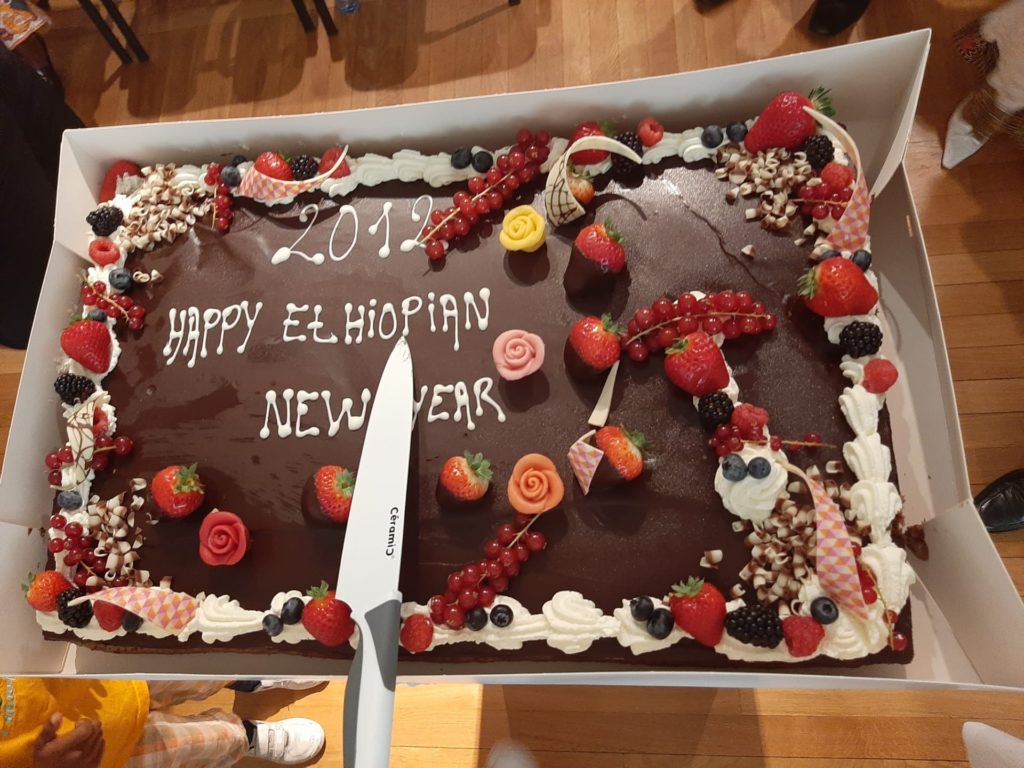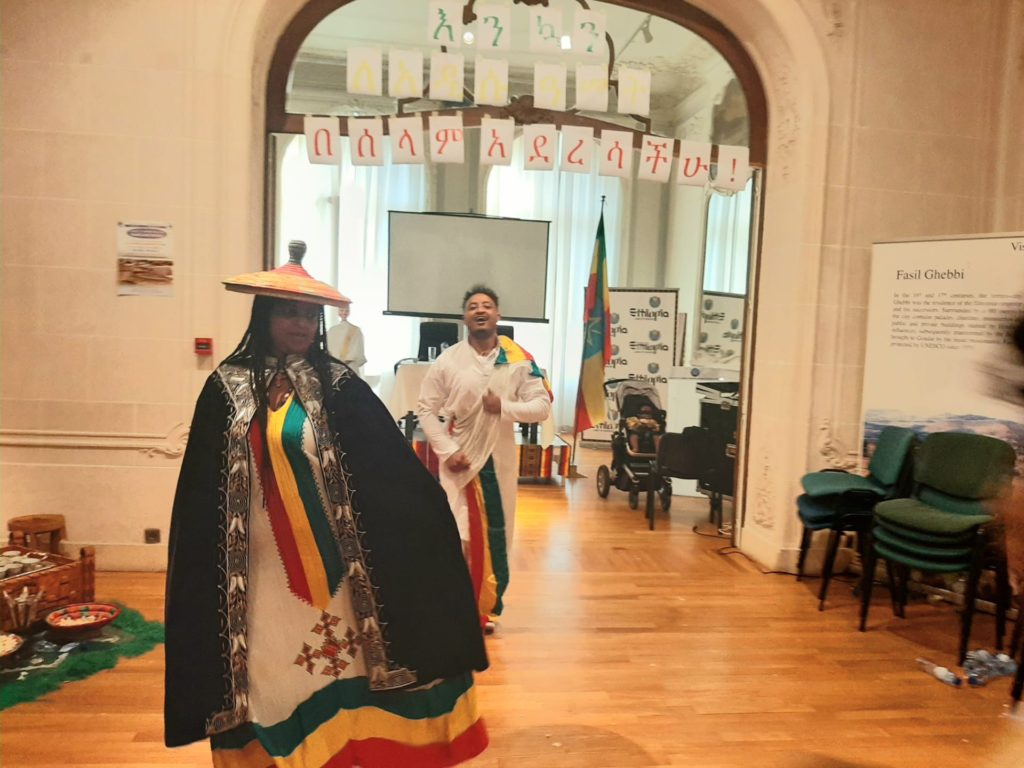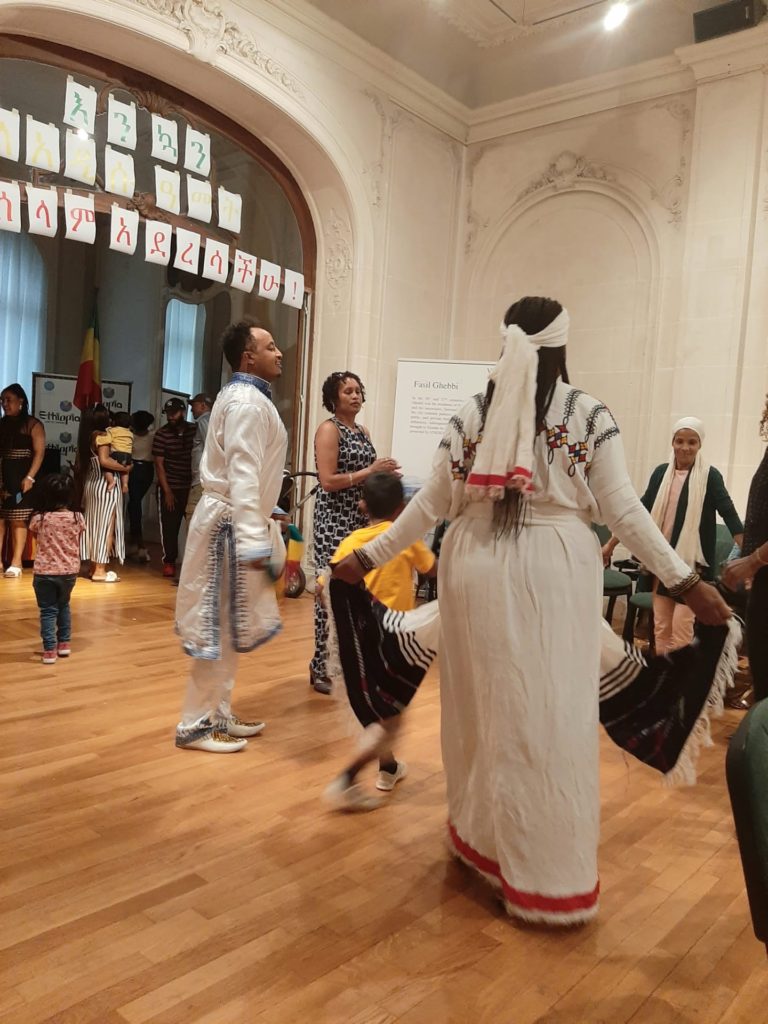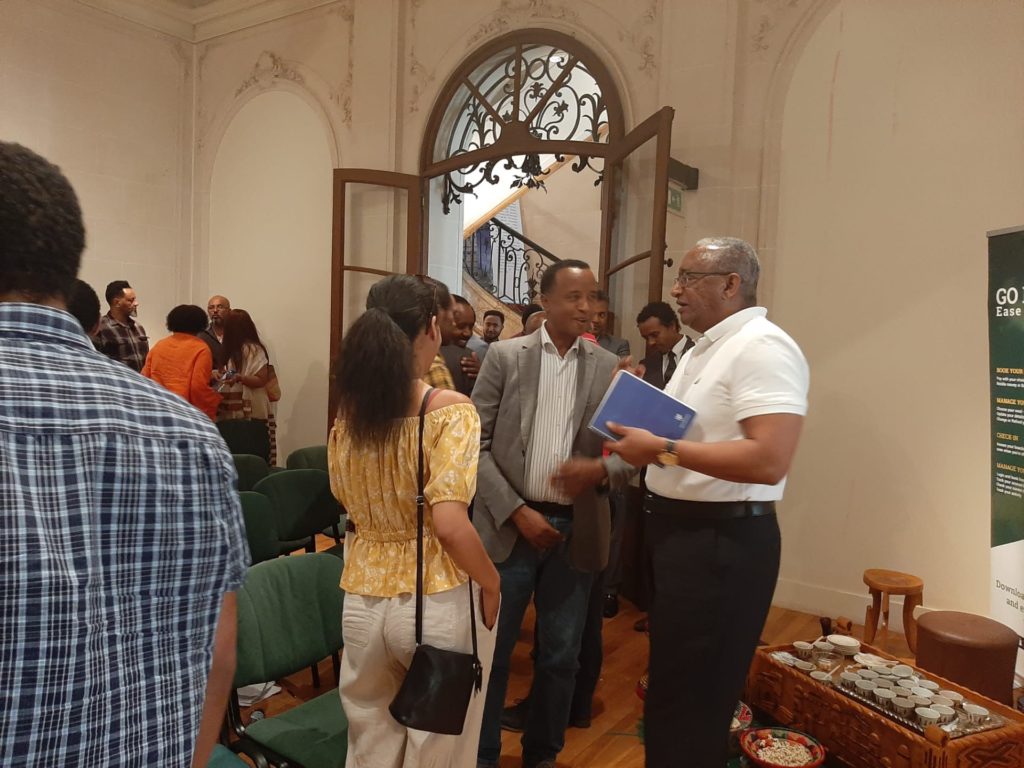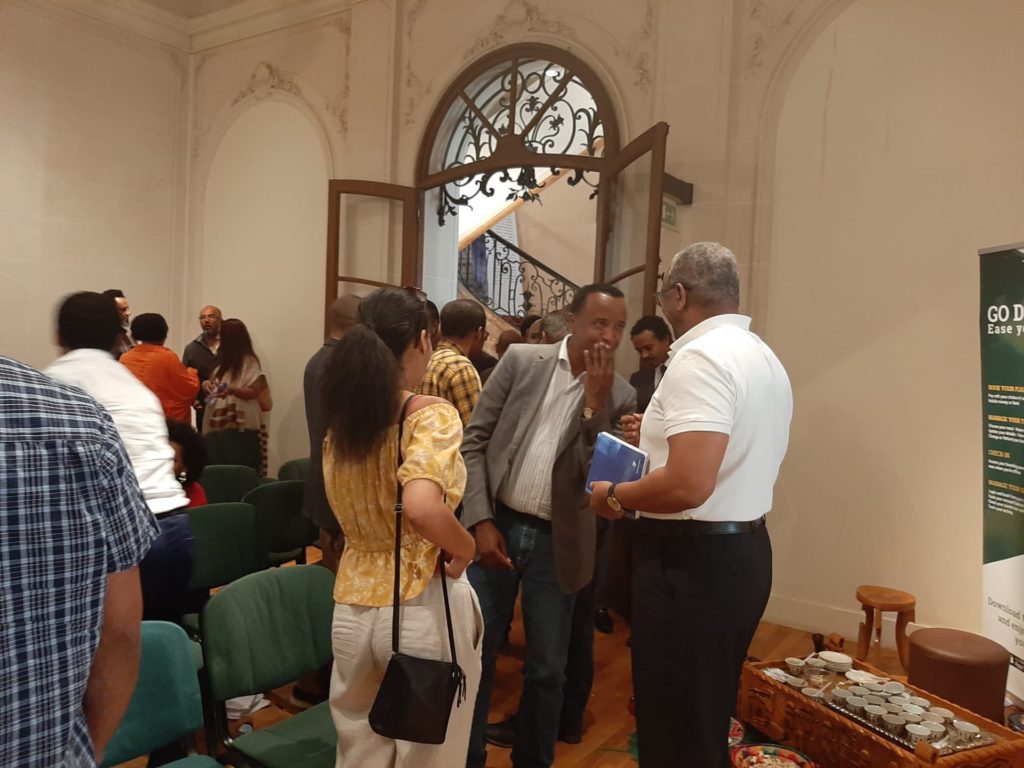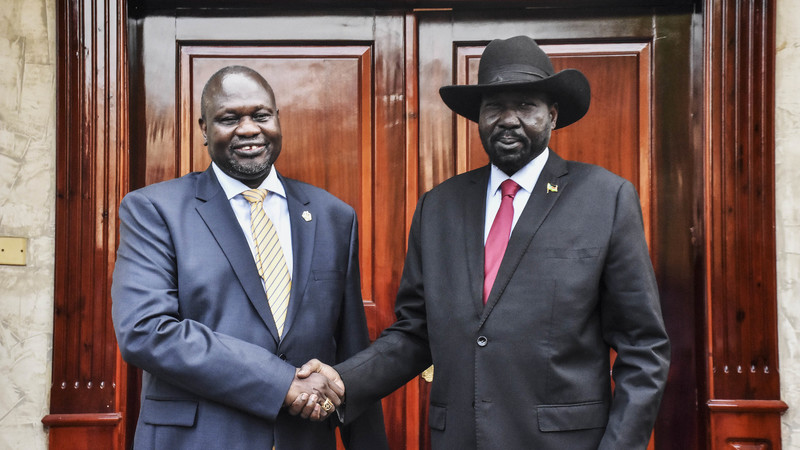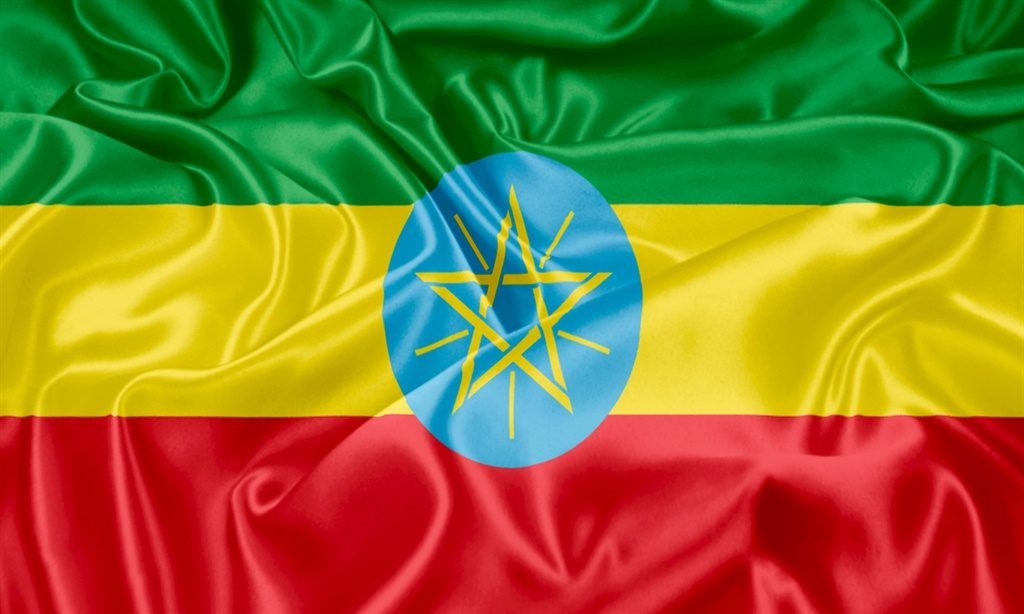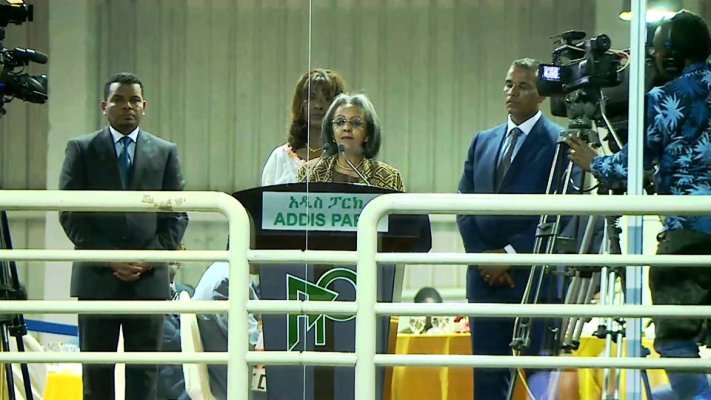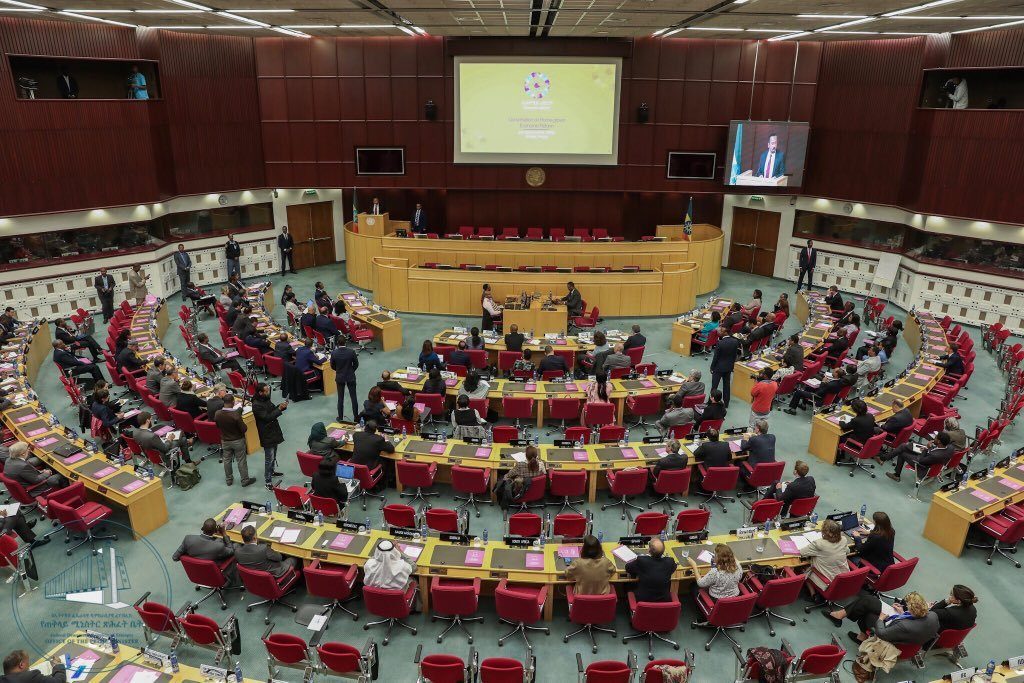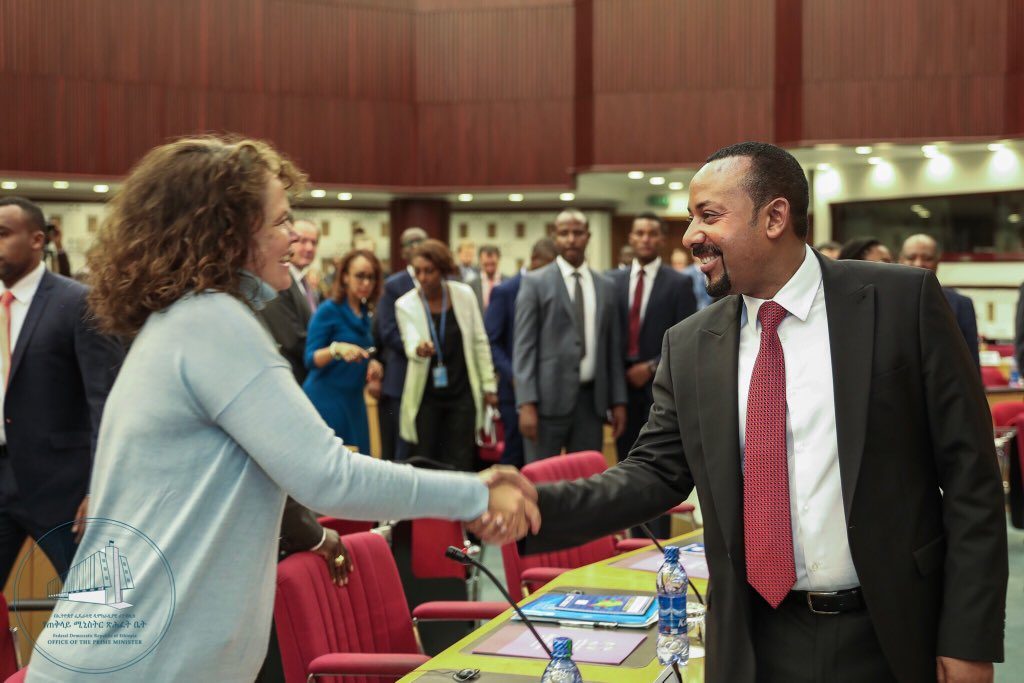Prime Minister Dr Abiy Ahmed has received an award from the Association of Political Consultants Africa – APCAfrica, in recognition to his contribution to democracy in Ethiopia.
Since coming to power, the Prime Minister contributed a lot for democracy, undertaken reforms, released several prisoners and political parties in exile returned to their country, said Kehinde Bamigbetan, President of the Association.
Bamigbetan made the remark at the fourth Africa Political Summit in Addis Ababa opened today under the theme “Campaign Financing and Elections in Africa.”
Regarding the three-day summit, Bamigbetan said the summit aims to promote and foster democratic process, principles and practices.
It also helps to establish and maintain relations between APCA members and political as well as public institutions to promote understanding and cooperation in matters pertaining to political activities and public affairs, he added.
During the morning session, European Association of Political Consultants (EAPC) President, Igor Mintusov, shared the experiences and philosophy of fundraising strategies for election and election campaigns to the attendees.
Mintusov stressed the necessity of technology and impacts of small amounts of money collected from potential voters to run political campaigns effectively.
He advised political candidates not to ignore small amount of fund collected from the masses to run election campaigns.
EAPC will support and work together with APCA in sharing experiences of political consultancy, the president stated.
EAPC Board Member, Reza Kazemi said defining target groups is very crucial for fundraising and election campaign, even if election and fundraising campaign differs from one country to another with regional and local variations.
Hard core supporters, voters who support a political goal, and people who funded campaigns before are the potential fund raisers of election campaign for the given political candidate, he added.
Source: FBC
